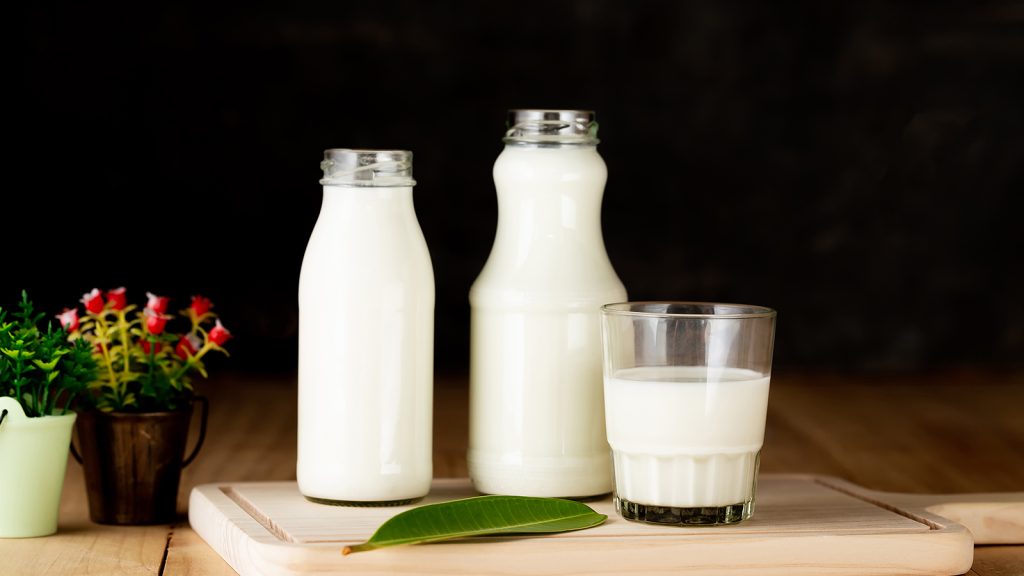Milk has been a part of human diets for centuries, yet it remains one of the most debated foods. Many wonder if consuming milk is healthy or necessary. To address these concerns, it’s essential to explore the truth about milk, its digestibility, and its alternatives.
1. Is Milk a Natural Fit for Humans?
The most suitable milk for humans is mother’s milk, especially during infancy. As a child grows, the body’s ability to digest milk diminishes gradually. This is because milk is not as easy to digest as we might think. While breast milk is perfectly designed for infants, cow’s milk is formulated to meet the needs of calves, not humans.

2. Why Is Milk Hard to Digest?
For a food to digest properly, it should take about 2–3 hours. However, milk takes approximately 7–8 hours to digest, making it a heavy load on your digestive system. This extended digestion process can lead to:
- Dizziness or fatigue: Your body redirects most of its energy to digesting milk, leaving less for your daily activities.
- Reduced productivity: With your energy focused on digestion, you may struggle to concentrate on work.
This “soul energy,” as some call it, is your body’s core vitality. Overburdening it with hard-to-digest foods like milk can lead to tiredness and a feeling of heaviness throughout the day.
3. The Timing of Food Consumption Matters
To ensure proper digestion and maintain energy levels, it’s advisable to finish eating before 7–8 PM. This gives your body ample time to digest food, helping you enter a state of deep sleep where true rejuvenation occurs. By doing so, your body becomes an “energy field,” allowing you to feel more aligned and balanced.
4. Does Milk Provide Calcium?
One common argument in favor of milk consumption is its calcium content. However, it’s important to note:
- Milk contains calcium because cows derive it from their plant-based diet, primarily leafy greens.
- You can obtain calcium directly from spinach, fresh vegetables, nuts, and seeds, which are healthier and easier for the human body to process.
5. Does Milk Cause Health Issues?
While consuming milk itself may cause digestive discomfort for some, its byproducts—such as yogurt, ghee, and cheese—are often easier to digest and can be beneficial when consumed in moderation. However, ensure these byproducts are pure and free from additives to enjoy their health benefits.
For individuals who consume large amounts of milk, it’s worth noting that milk can sometimes:
- Increase susceptibility to colds.
- Contribute to mucus buildup in the respiratory system.
6. Should You Stop Drinking Milk?
It’s not necessary to completely avoid milk, but understanding that it is not an essential food can help you make informed dietary choices. If you enjoy milk, consume it in moderation and monitor how it affects your body. Alternatively, focus on calcium-rich plant-based foods to meet your nutritional needs.
Key Takeaways
- Milk is a heavy food that requires significant digestive effort.
- Your body’s energy is better preserved for productivity and well-being by avoiding hard-to-digest foods like milk.
- Plant-based sources of calcium are healthier and more accessible.
- Milk byproducts are a good alternative, provided they are pure and consumed in moderation.
By making conscious dietary decisions, you can improve your digestion, maintain energy levels, and lead a healthier lifestyle. Milk is not inherently bad, but it’s not the necessity many believe it to be. Choose what works best for your body and its unique needs.

